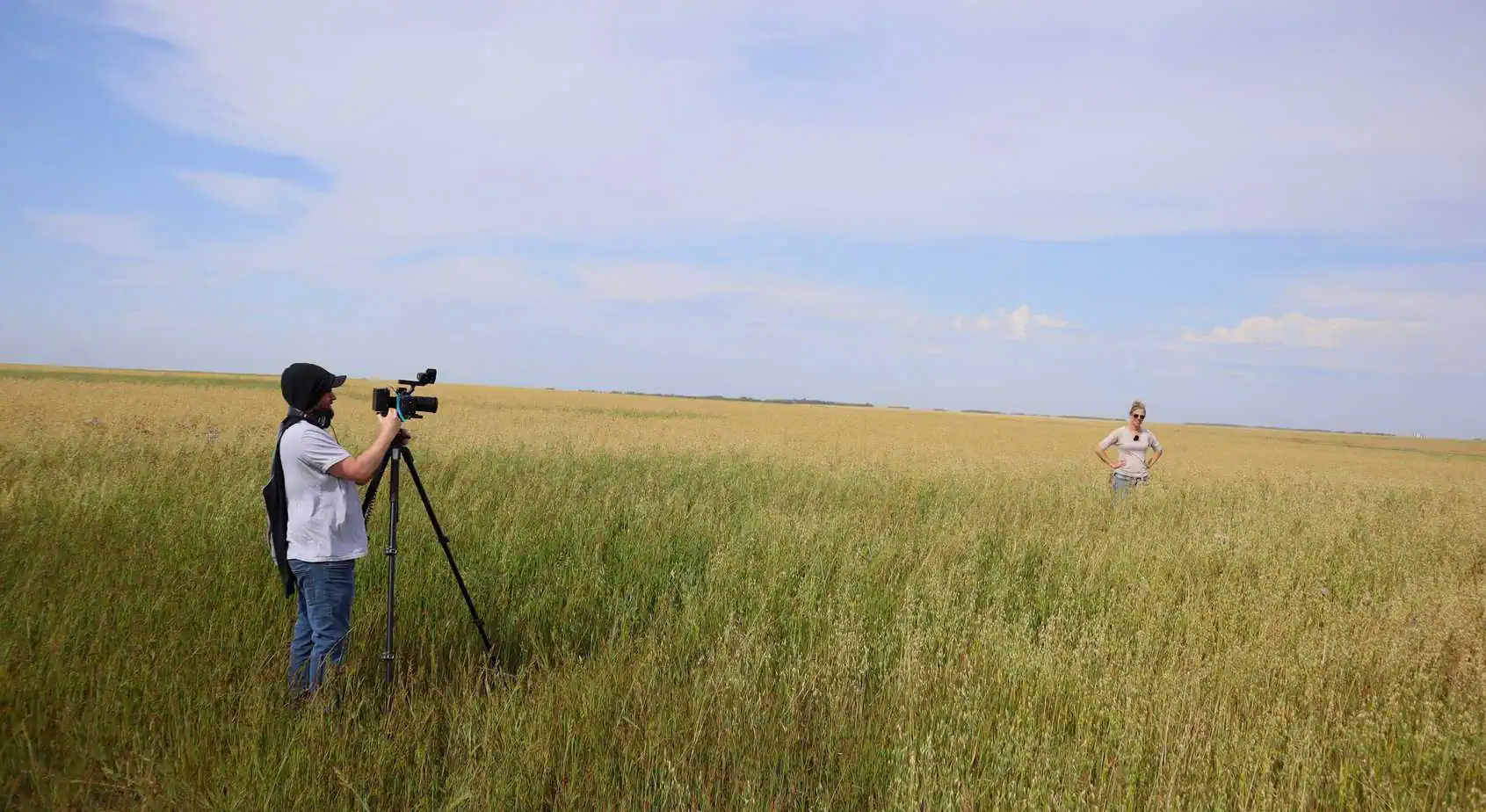Key Takeaways:
- The Trusted Advisor Partnership (TAP) is launching in Manitoba and Saskatchewan in 2025 to provide soil health training to Certified Crop Advisors (CCAs).
- The initiative aims to close the gap in technical assistance for sustainable soil management, enhancing farm resilience across the Prairies.
- Supported by major food companies and NGOs, the program will offer a masterclass in soil health agronomy, water management, and diversified cropping systems.
- TAP seeks to train over 225 agronomists by 2029, bringing sustainable practices to more than 500 farms in the region.
The Trusted Advisor Partnership (TAP), a program designed to upskill crop advisors in sustainable soil management, is expanding into the Canadian Prairies, with the first cohort set to launch in Manitoba and Saskatchewan in early 2025. This initiative is supported by leading food and beverage companies, non-governmental organizations (NGOs), and scientific partners, and builds on the successful model established in North Dakota in 2022.
Addressing the Need for Enhanced Technical Assistance
The TAP program is a response to the ongoing need for advanced technical assistance in soil health management, particularly in the Canadian Prairies where agricultural productivity faces challenges such as labor shortages, extreme weather, and rising production costs. The program is designed to equip Certified Crop Advisors (CCAs) with the skills, knowledge, and networks necessary to help farmers implement sustainable practices across thousands of acres.
Supported by companies like General Mills, PepsiCo, Bimbo Canada, and Nature United, along with the South East Research Farm, the Canadian Prairies TAP will provide a comprehensive masterclass in key areas of soil health agronomy, including water management and diversified cropping systems. The curriculum will cover both established and emerging practices, such as residue management, zone mapping, variable rate technology, and tillage reduction. The program is hosted by Assiniboine College in Brandon, Manitoba, which will also coordinate the issuance of Continuing Education Units (CEUs) to participating CCAs.
Expanding Sustainable Agriculture Across the Prairies
TAP's expansion into the Canadian Prairies aligns with broader efforts to promote sustainable agriculture in regions like the Aspen Parkland ecoregion, where rich ecosystems are under threat from erosion, weather extremes, and pest pressures. By providing crop advisors with the tools and training to support soil health management, TAP is expected to play a significant role in transitioning large areas of farmland to more sustainable practices.
Les Fuller, Agriculture Strategy Director at Nature United, emphasized the importance of this initiative: “Transitioning conventional crop production to stewardship practices that prioritize soil health and ecosystem resilience involves a paradigm shift, which cannot be achieved without adequate technical assistance in place for farmers. The TAP program fills a critical gap: its mandate to train crop advisors in providing localized and scientifically based assistance will be invaluable for supporting farmers in the Canadian Prairies and accelerating the adoption of sustainable practices.”
Long-Term Goals and Industry Impact
Over the next five years, the Canadian Prairies TAP aims to train more than 225 agronomists in soil-centric land management, potentially impacting over 500 farms by 2029. Elizabeth Reaves, Senior Program Director of Agriculture & Environment at Sustainable Food Lab, highlighted the significance of this model: “Crop advisors, farmers, and companies are excited by this model. Advisors are an integral part of the support system for farmers and bring logistics-based decision support to soil health implementation. With more boots on the ground to help producers mitigate the risks of conservation and maximize its significant upside, we believe that farmers who have been on the fence will come on board.”
Reaves also noted that TAP's impact extends beyond individual farms, potentially strengthening the market for regenerative commodities. “Our program will amplify that buy-side signal by ensuring sustainable land management not only happens but sticks around for the long-term – giving companies assured access to consistent, higher quality supply season to season. TAP is an important part of the flywheel for the system.”



2 Comments